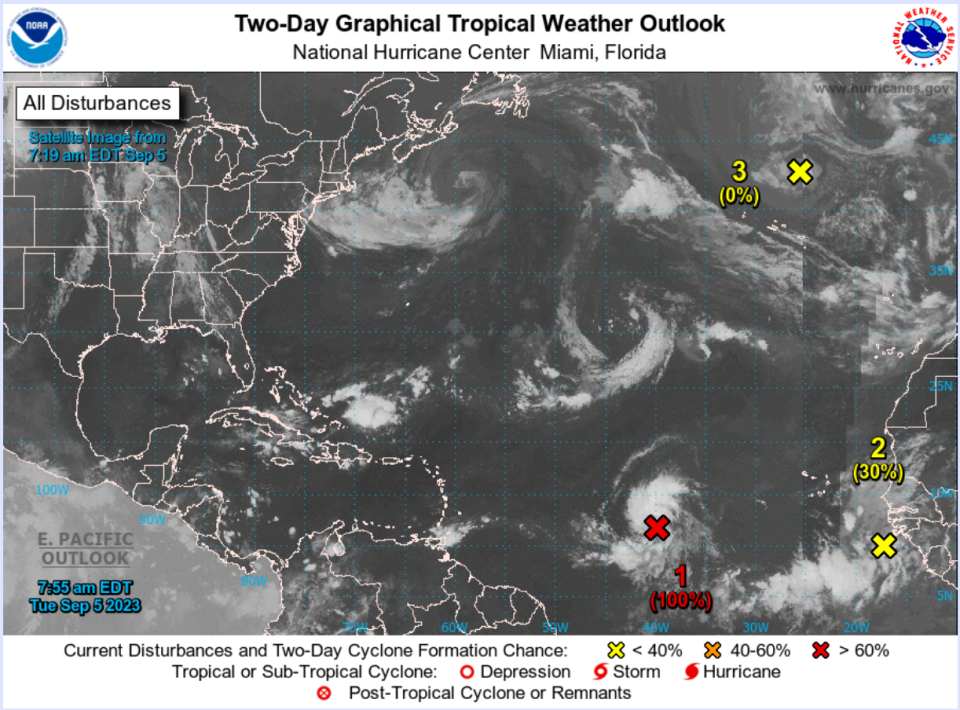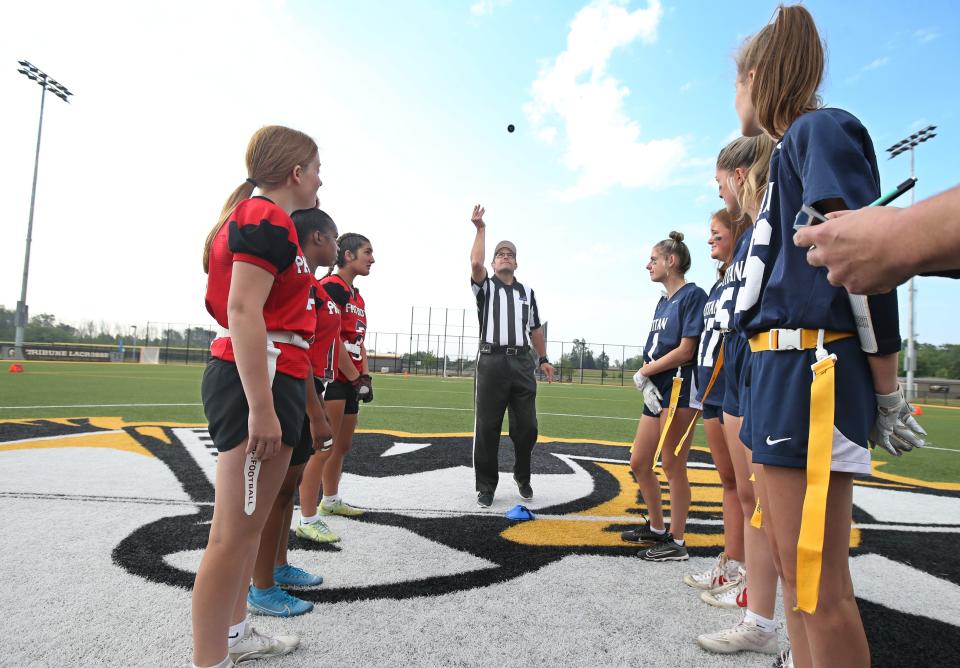Condo insurance market tightens, posing more challenges for residents, boards
Live in a home governed by a condominium, co-op or homeowner's association? Have questions about what they can and cannot do? Ryan Poliakoff, an attorney and author based in Boca Raton, has answers.
Question: Our condo board says we cannot get insurance bids and that we have to stay where we are. Is that true? Signed, B.S.
Dear B.S.,
I think the answer to that depends on your definition of bids.
If you are asking whether your association can meet with five different insurance agents and ask them each to go out to market to get bids for you on the association’s insurance, sometimes from the same insurance companies, the answer is no.
Generally speaking, insurance companies will work only with the association’s agent of record, and they are also regulated such that they can’t offer different premiums to different agents. So, if that’s what your board was talking about, I would say they are correct. Ordinarily an association will choose an agent they trust and enjoy working with and allow that person to shop all relevant markets.
More from Poliakoff: Our expert explains HOA rules regarding emotional support animals, cannabis use
If instead you are asking whether a single agent can get bids from multiple insurance companies, the answer is yes, but with significant caveats.
The current market, particularly after the Surfside tragedy, has tightened dramatically, and many insurers have gotten out of the market entirely. That leaves many associations with few, if any, options to purchase insurance. It’s not uncommon for an association to have only one insurer willing to write their policy, or to default to Citizens because they are the only company willing to do business with them.
So, while it’s true that, ignoring any other factors, an insurance agent can get bids from multiple companies, the current reality is that many communities have no real options. As such, and depending on what they meant, it’s possible that the board is correct there, as well.
More HOA rules explained: Their mangroves are clogging the canal, but who pays to clear waterway?
Question: What is the time period required by Florida condo law for the board of directors to keep condo records? Is that time period the same for residential and commercial condos? Signed, R.C.
Dear R.C.,
Every condominium in the state of Florida, including commercial condominiums, is subject to the Condominium Act (Chapter 718). There are certain provisions that relate only to residential condos (for example, the mandatory insurance provisions), but the vast majority of the Act is relevant to both.
The record retention and inspection provisions of Section 718.111, Fla. Stat., are applicable to both residential and commercial condominiums.
The Act contains an extensive list of documents that constitute official association records; and it also contains a catch-all provision stating that “all other written records of the association not specifically included in the foregoing which are related to the operation of the association” are official records as well. It further provides that most of these records (with some exceptions) must be maintained for seven years.
Bids for work to be performed, materials, equipment or services must be maintained for at least one year. The same is true of ballots, sign-in sheets, voting proxies and all other records related to unit owner voting. Note that there are several reasons this limitation doesn’t make much sense—it seems related to the idea that condominiums will have an election each year, obviating the necessity of keeping election records; but in fact, many condominiums have longer director terms and only conduct elections every several years. And there’s no logical reason that condominiums shouldn’t be obligated to keep records of other membership votes, such as votes to amend the governing documents or to approve material alterations, for seven years.
There are also a few records that must be kept in perpetuity, including all of the items provided by the developer pursuant to Section 718.301(4) (such as plans and warranties), the governing documents and rules, and the minutes of all meetings (including both membership and board meetings).
The problem is that this permanent maintenance of records is a recent change to the statute, and many associations (particularly those associated with very old properties) no longer have the developer records or minutes to meetings that are older than seven years (which was the original requirement).
Given that this change became effective in 2018, as a practical matter records prior to approximately 2011 may no longer be available, despite the new statutory language (after 2018 any condominium should have stopped discarding minutes or developer records, and so anything from within seven years of that date forward should still exist).

Ryan Poliakoff, a partner at Poliakoff Backer, LLP, is a Board Certified specialist in condominium and planned development law. This column is dedicated to the memory of Gary Poliakoff. Ryan Poliakoff and Gary Poliakoff are co-authors of "New Neighborhoods — The Consumer’s Guide to Condominium, Co-Op and HOA Living." Email your questions to condocolumn@gmail.com. Please be sure to include your location.

This article originally appeared on Palm Beach Post: Insurers leaving the market puts squeeze on condo boards, residents

